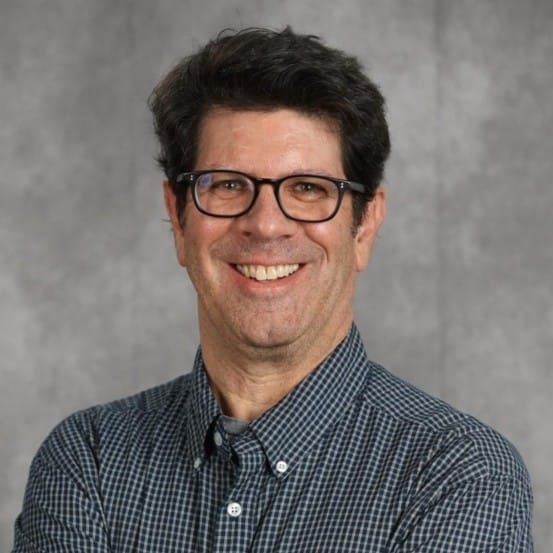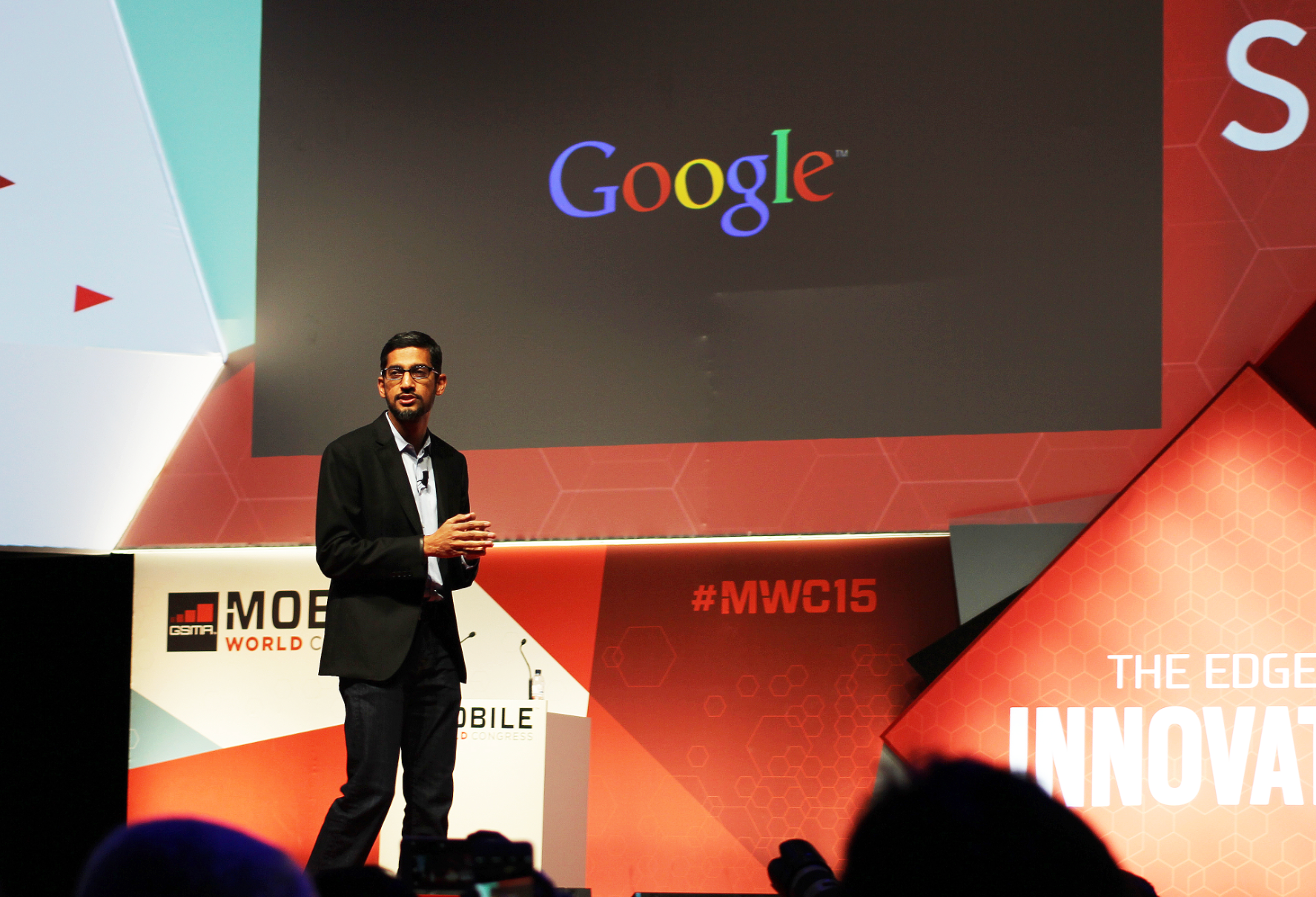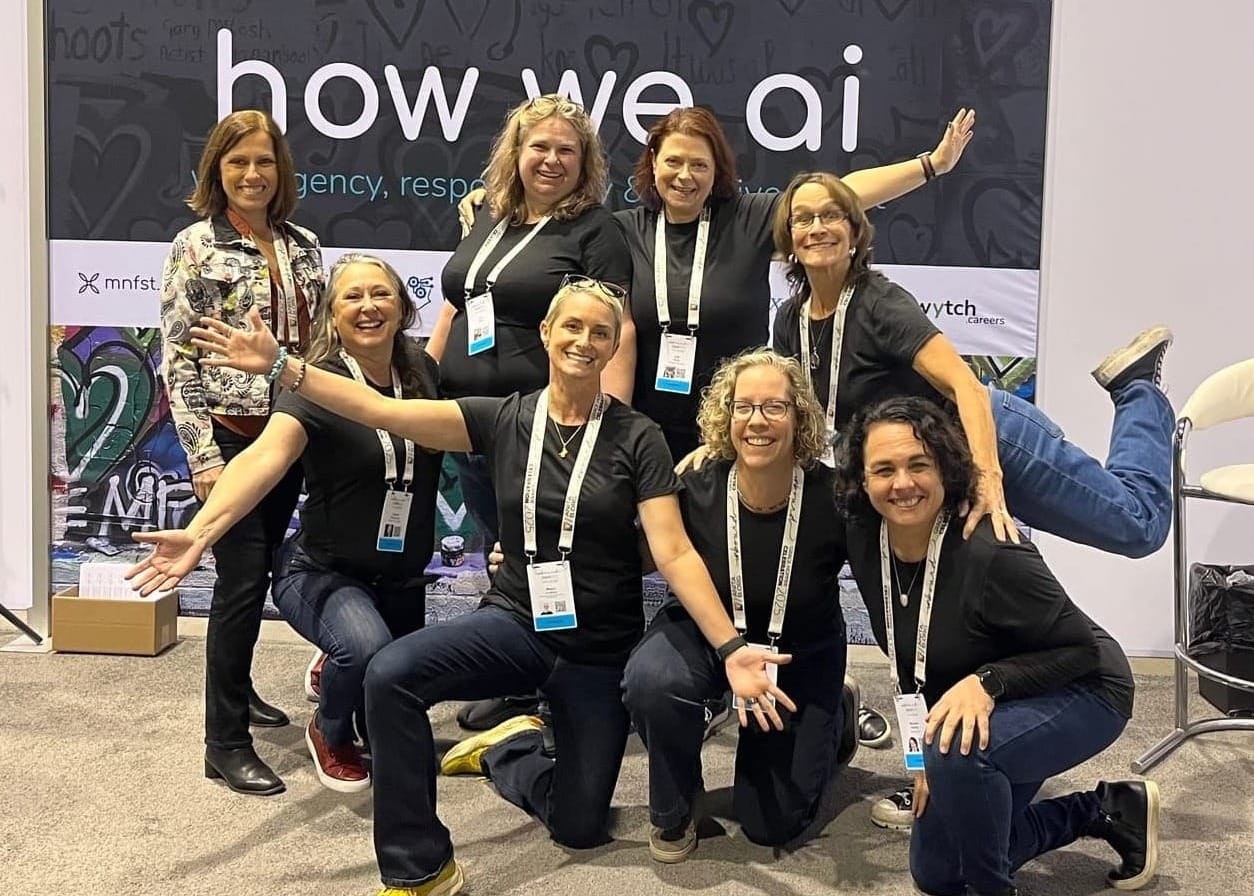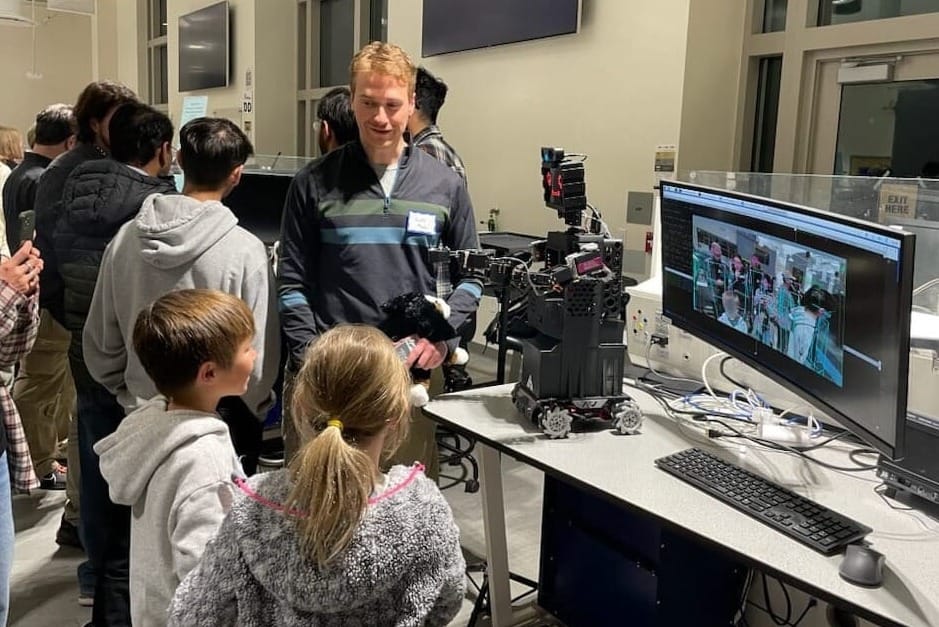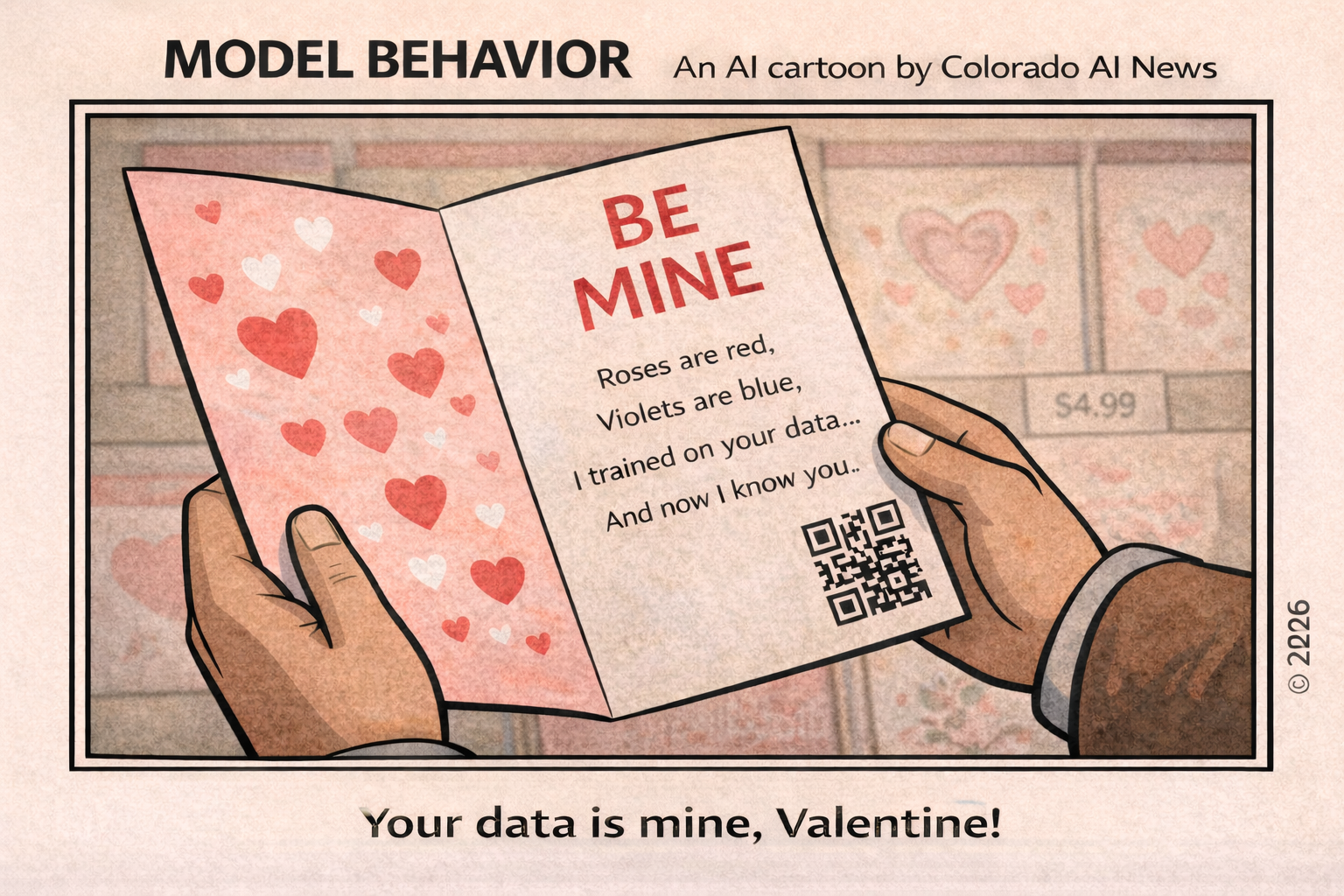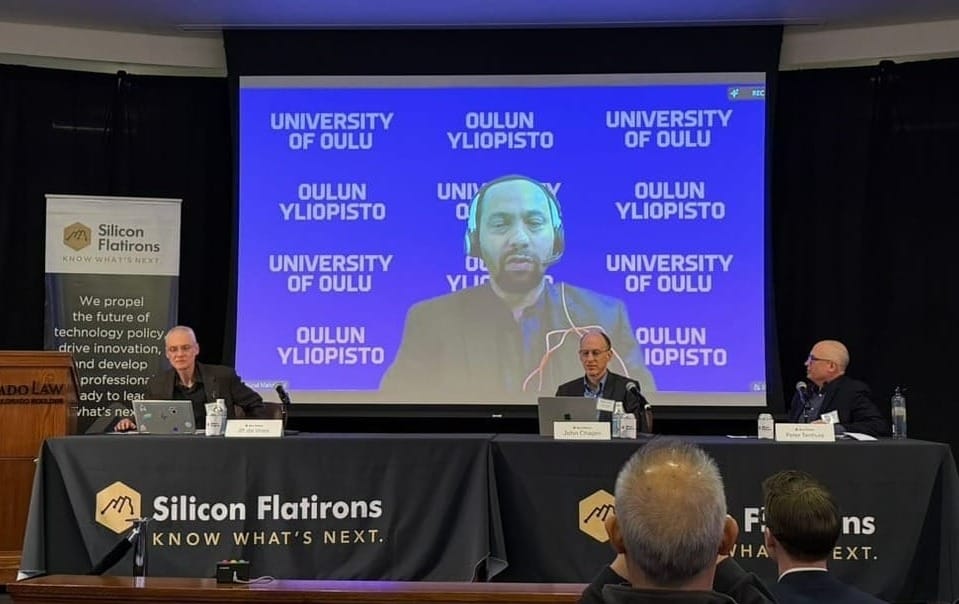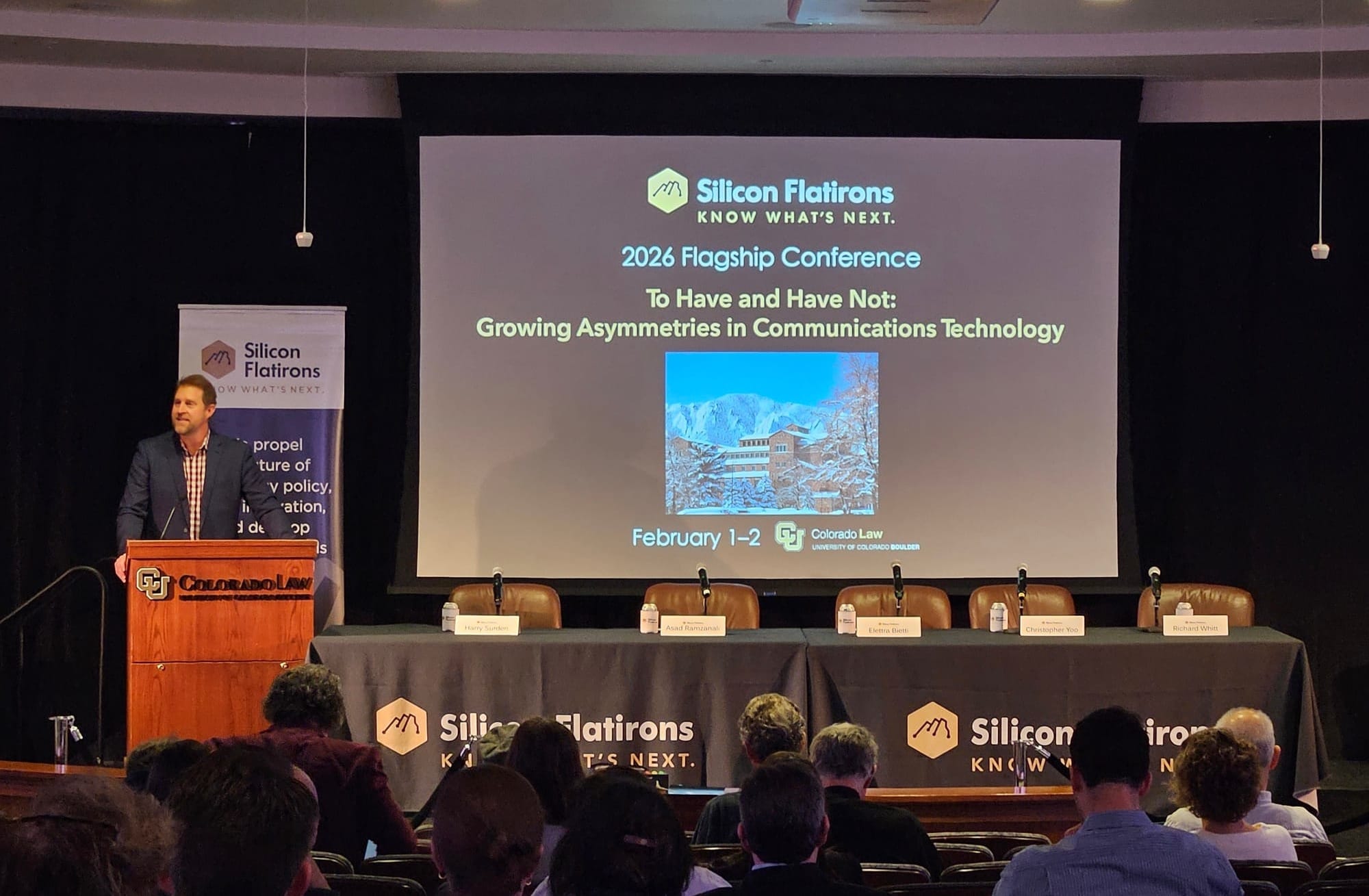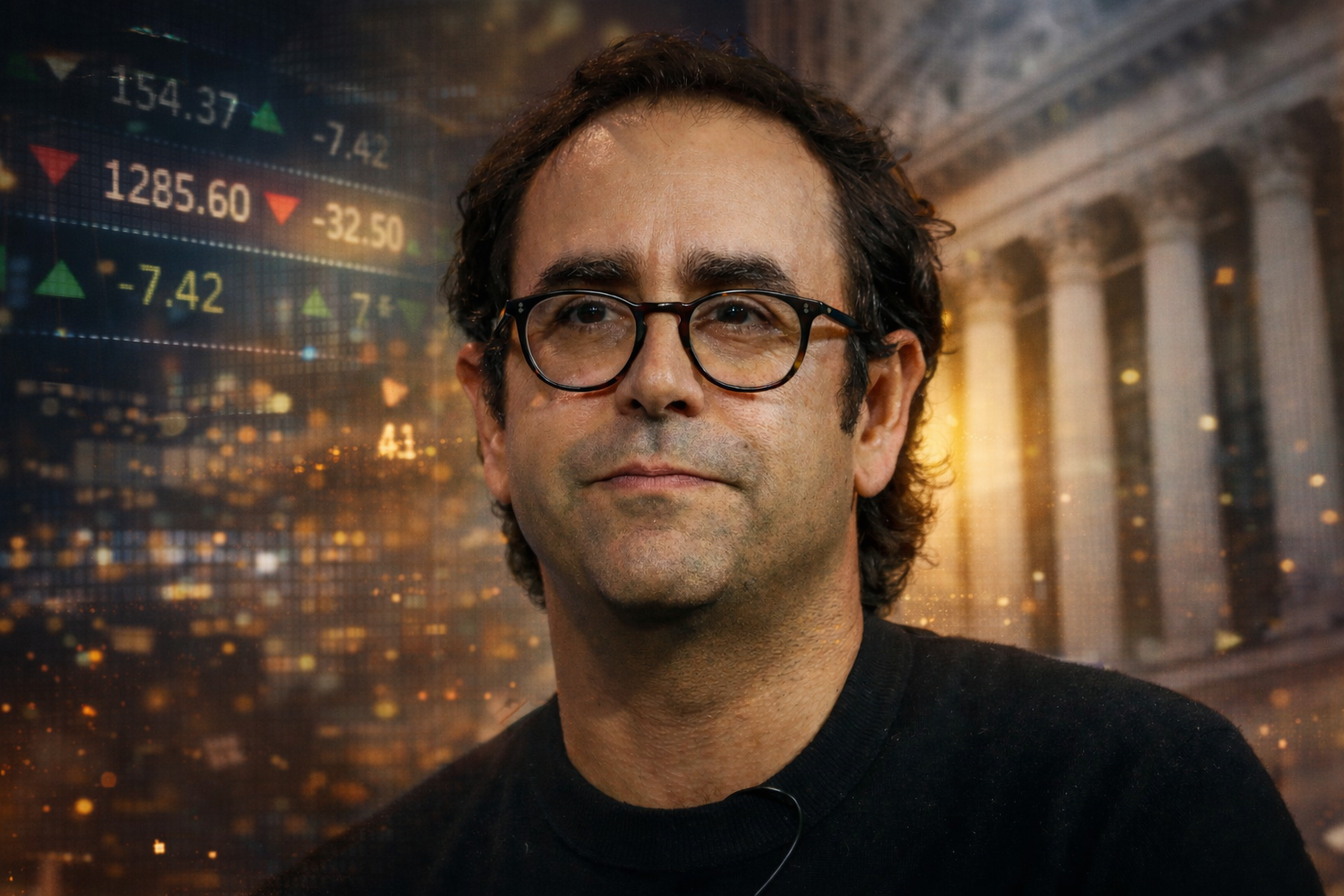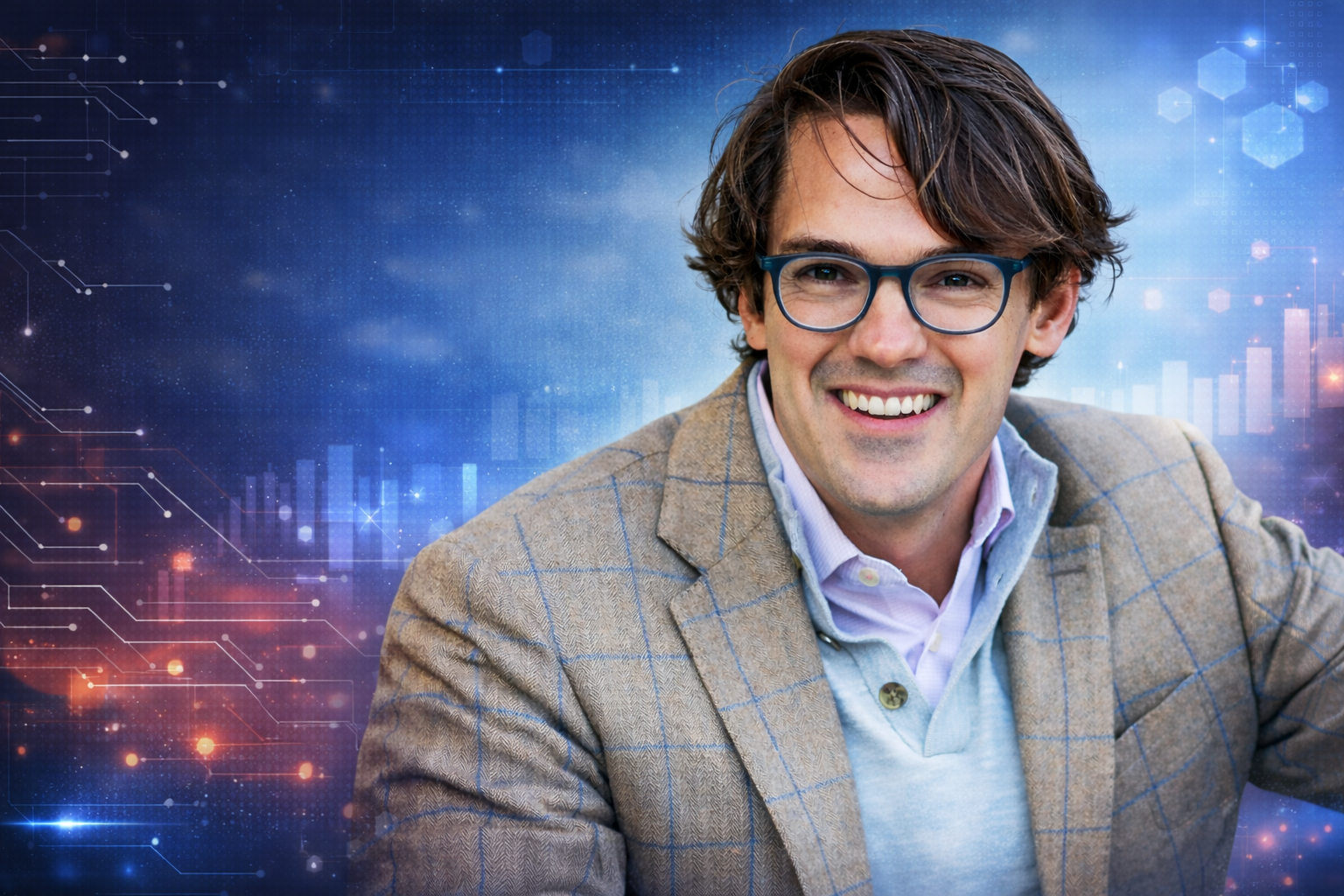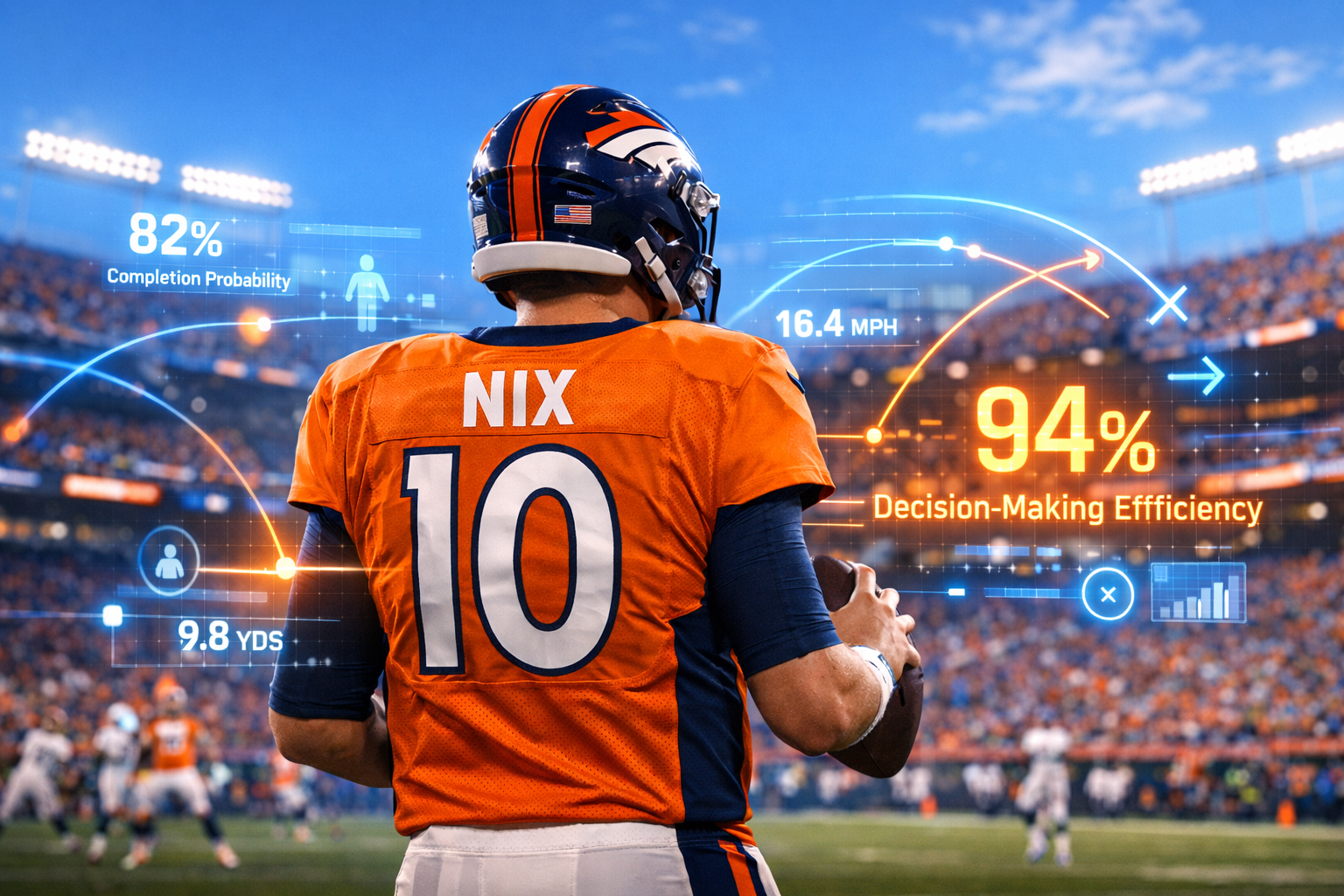"I think no company is going to be immune, including us." – Sundar Pichai, CEO of Google and its parent firm Alphabet, when asked by a BBC interviewer last week whether Google would be immune to the impact of an AI bubble bursting.
According to the BBC.com recording of the interview, Pichai indicated that while the growth of AI investment had been an "extraordinary moment," there was some "irrationality" in the current artificial intelligence boom.
His choice of the word "irrationality" is reminiscent of the suggestion by Fed Chairman Alan Greenspan in 1996, when he suggested that the market was giving warning signs of "irrational exuberance." This was four years before the eventual dot-com crash in 2000.
Referencing the late 90's, Pichai said, "We can look back at the internet right now. There was clearly a lot of excess investment, but none of us would question whether the internet was profound."
"I expect AI to be the same. So, I think it's both rational and there are elements of irrationality through a moment like this."
Pichai said Google's unique model of owning its own "full stack" of technologies – including its development of proprietary chips for AI meant to compete with those of Nvidia – in addition to its YouTube data, AI models, and frontier science, meant that it was in a better position than other companies to survive any AI market turbulence.
Over the last seven months, Alphabet shares have doubled in value to $3.5 trillion. The stock closed at $318.47 on November 24. According to Wikipedia, Alphabet is the world's third-largest technology company by revenue at $350.02 billion, after Amazon and Apple, and the largest technology company by profit, at $100.12 billion.
In the interview, Pichai also addressed AI's likely influence on the workplace, suggesting that it was "the most profound technology" humankind had ever worked on. After admitting that we "will have to work through societal disruptions," he also expressed certainty that it would "create new opportunities."
In what amounted to his second warning in the course of the interview, Pichai said that AI "will evolve and transition certain jobs, and people will need to adapt," clarifying that those who do adapt to AI "will do better."
"It doesn't matter whether you want to be a teacher [or] a doctor. All those professions will be around, but the people who will do well in each of those professions are people who learn how to use these tools."

